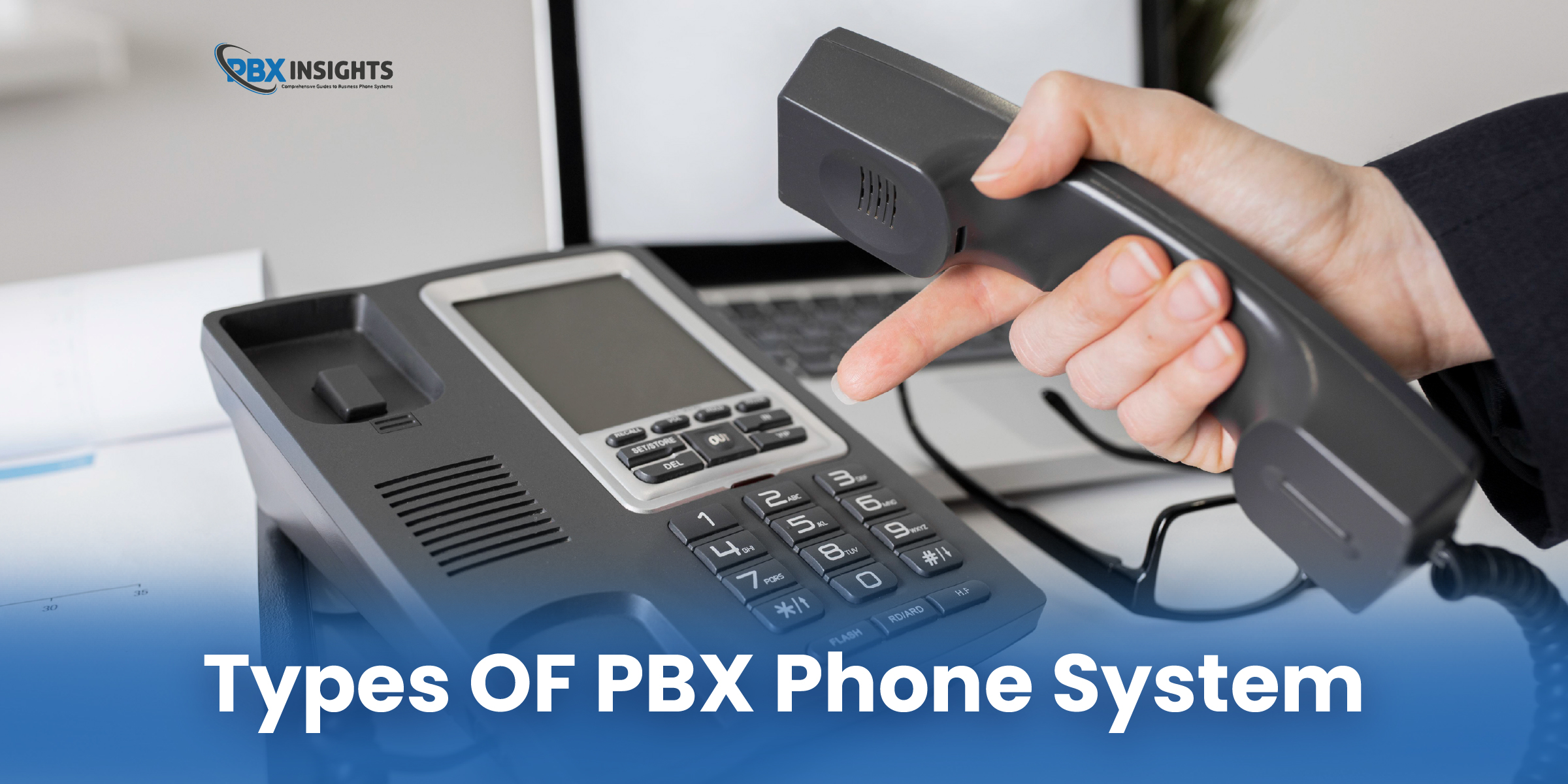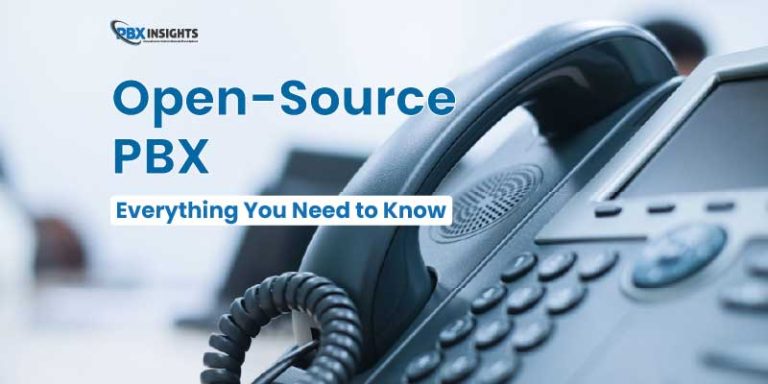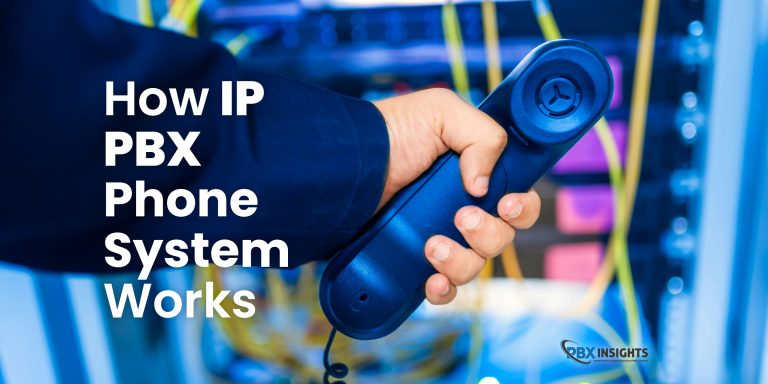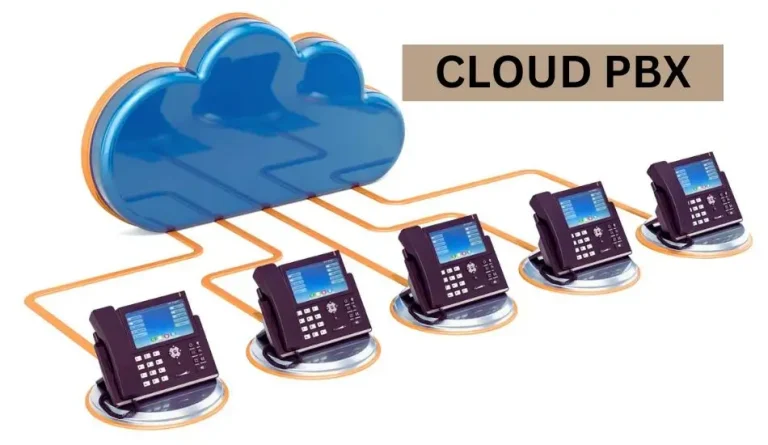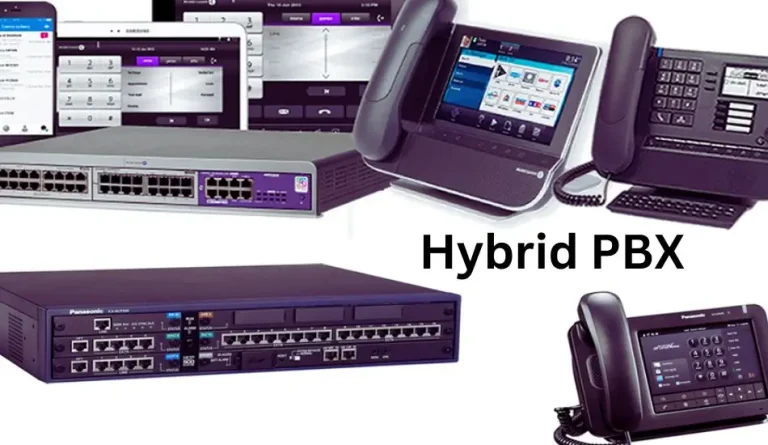Types of PBX Phone Systems: A Complete Guide for Businesses
Introduction Many people would agree that those days have passed since effective communication was being discriminatory to businesses scaling. The PBX systems are the reason to thank for such miracles. Whether you are the owner of a small firm or have a multinational corporation, these systems can help you integrate the communication operations into a…
Introduction
Many people would agree that those days have passed since effective communication was being discriminatory to businesses scaling. The PBX systems are the reason to thank for such miracles. Whether you are the owner of a small firm or have a multinational corporation, these systems can help you integrate the communication operations into a single one. We will discuss types of pbx phone system in this article.
Definition of PBX
PBX also known as Private Branch Exchange is an internal private telephone network within a business enterprise. It facilitates internal calls while allowing its customers to use its limited external lines to make calls to their outside networks.
Types of PBX Phone System
Hosted PBX
Private Branch Exchange or Hosted PBX is hosted and managed remotely by a service provider and thus it requires little to no onsite infrastructure. It can be easily integrated in an enterprise since it can be used over the internet allowing interacting and receiving and giving out calls.
Key Features of Hosted PBX:
- Cost Efficiency: As there is no equipment to procure and maintain costs are cut down significantly.
- Scalability: There is no restriction on how many users can be added and removed, so a business can smoothly expand seating.
- Flexibility: An all rounder that is not affected as long as there is internet access making it perfect for ‘home office’ workers.
Hybrid PBX
A Hybrid PBX is essentially a compromise between a hosted PBX and a traditional PBX and makes it possible for a business that has a built-in PBX to have contemporary technology around it. This Hybrid reduces risks while providing adaptation needed for control, expenses, and features. Its value proposition is impressive.
Key Features of Hybrid PBX:
- Local Cabinet Telephony with the Hybrid Cloud: A combination of in-house PBX telephony and cloud technology.
- Old Land and New Voip: It connects to PSTN/ISDN channels and also supports VoIP.
- Voicemail concepts: Voicemail to email, call forwarding, calling conferences, integration with mobile apps more is advanced.
- Transition: If it becomes mandatory, it allows for changing to a completely cloud system.
Traditional PBX
A Private Branch Exchange, sometimes known as a PBX, is a device used by a business to handle phone calls, whether internal or external, and it is located on the business’s premises. It’s basically hardware fitted in a business’s location that links the company’s telephones to those of the outside world.
Key Features of Traditional PBX:
- Space: It has designated hardware that has be set up in place of work.
- Free Calls: Extension to extension calls can be made cheaply calls or free of charge. Probably less important: Call forwarding, voicemail, and call routing comprise call covering basics.
IP PBX
An IP PBX or Internet Protocol private branch exchange is a communication system that allows VoIP-related technology to manage and automatically route voice calls. Unlike ordinary PBX systems that relied on ISDN or analog lines, IP PBX systems are more cost-effective and flexible because calls are handling using VoIP.
Key Features of IP PBX:
- VoIP Technology: A system that relies on an internet connection to transmit voice data which makes communication cheaper.
- Unified Communication: A system that incorporates voice, video, and messaging as well as conferencing in a single platform.
- Remote accessibility: A feature that allows the users to make or receive calls from any location as long as there is an internet connection.
On-premises PBX
A type of Private branch exchange is the on-premises PBX where the hardware and infrastructure is located on the premises of the business and is maintained at the premises. This traditional phone system enables a business to control its internal and extensive communication system without the need for a cloud or external hosting service.
Key Features of On-Premises PBX:
- Physical Hardware: In addition to the PBX equipment, the business location also needs to have servers installed.
- Local Control: A business is able to configure and manage the system which is within its control.
- Internal Communication: This allows free communication and low-cost communication overall.
Virtual PBX
A Virtual PBX, or Private Branch Exchange, is a cloud-based telephone system that utilizes fiber optic or ISP internet nodes. The traditional PBX required internal components, Virtual PBX is compartment-built and managed by a service provider. This Provides easy and low cost managing and buisness solutions of any buisness.
Key Features of a Virtual PBX:
- All Hardware is Hosted on the provider’s Platform: This uses the system without any physical hardware.
- Voice and Data are facilitated over the Internet: The Voice and Data transferred is provided through a VoIP.
Ditigal PBX
Another type of voice system is the PBX or Private branch exchange, this allows the users to switch telecommunication and voice signals with the help of the internet. This system is an upgrade from the previous, analog PBX system, where voice was transformed using packets and voice was transmitted through broadband. The PBX system uses internal connections and also allows seamless connections through a VoIP.
Key Features of Digital PBX
- Processing of signals over a digital medium: This has a clearer and high definition transmission of voice over the handset.
- An Enhanced Call System: This provides call routing, call transfers, voice and video conferencing, and an automated answering system.
Onsite IP PBX
Onsite IP PBX is a type of phone system that is installed and managed at the business location. Onsite IP PBX minusing VoIP features is very much the same as the previous on-premises PBX systems, only that it employs IP technology in order to control and direct voice calls within an internal or external network.
Analog PBX
Private Branch Exchange also known simply called PBX is a system that is commonly described as an organization’s internal telephone network. Private Branch Exchange works of hardware telephone lines known as Public Switched Signaling Network and transmits information via analog voice signals. Though on the downward trend today as the technology advances a lot more, Analog PBX is one of the earliest types of PBX systems and is still in active use in some businesses today.
Conclusion
In Conclusion , the choice of an appropriate type of PBX telephone system for your organization hinges on its needs, budget, and planned future expansion. Traditional PBX is dependable, but it is often expensive and is not easily expandable. Digital PBX enhances both voice quality and several other features, and IP PBX provides less expensive options with greater voice accessibility by means of the Internet. Hosted PBX is a web-based solution that enhances extensibility and reduces upkeep, making it suitable for businesses with remote workers. Hybrid PBX unites the best of systems, which are both traditional and cloud-based by providing adequate control and modern usage at the same time. For the benefit of the communication and expansion needs of your firm, depending on your complete assessment of the business requirements, you should be able to select the most ideal PBX system.

